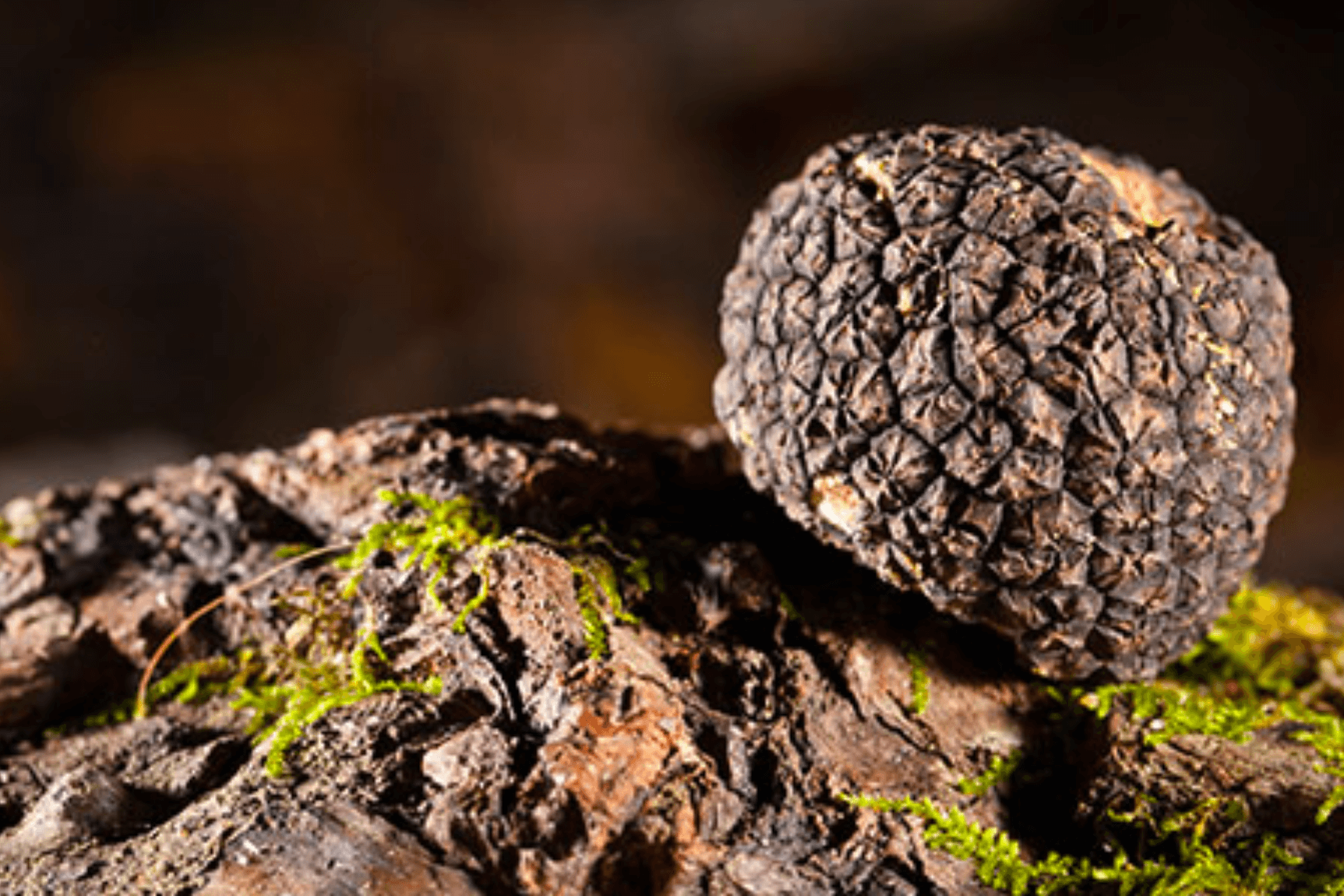Unearthing the Cognitive Elixir: The Nootropic Properties of Truffles

In the world of gastronomy, truffles have long reigned as the epitome of culinary luxury. However, beyond their exquisite flavor and aroma, truffles have recently gained attention for another, perhaps more surprising, attribute – their potential as nootropics. Nootropics, often referred to as "smart drugs" or cognitive enhancers, are substances believed to boost cognitive function. In this article, we explore the fascinating realm of truffles and their potential as a natural brain-boosting elixir.
The Brain-Boosting Biochemistry of Truffles:
Truffles are subterranean fungi that form a symbiotic relationship with the roots of certain trees. While they have been prized for centuries in the culinary world, recent studies have shed light on the complex biochemistry of truffles, revealing compounds that may contribute to their nootropic properties.
One key player in the cognitive-boosting potential of truffles is the presence of ergothioneine, a powerful antioxidant that has been linked to neuroprotection. Ergothioneine is known to accumulate in high concentrations in certain tissues, including the brain, where it helps protect against oxidative stress – a key factor in cognitive decline.
Furthermore, truffles are rich in polysaccharides, compounds that have been studied for their immunomodulatory effects. A healthy immune system is crucial for maintaining cognitive function, and the potential of truffles to support immune health indirectly contributes to their nootropic reputation.
Enhancing Memory and Learning:
Memory and learning are two fundamental aspects of cognitive function, and truffles may offer support in these areas. Studies suggest that truffles may influence neurotrophic factors, which play a crucial role in the growth and maintenance of neurons. By promoting the health of neurons and supporting the formation of new connections, truffles may contribute to enhanced memory and learning capabilities.
In addition, truffles contain choline, a precursor to the neurotransmitter acetylcholine. Acetylcholine is involved in various cognitive functions, including memory and attention. The choline content in truffles may support the production of acetylcholine, potentially enhancing cognitive performance.
Mood and Cognitive Well-Being:
The relationship between mood and cognitive function is a complex one, and truffles may play a role in promoting a positive mental state. Some compounds found in truffles, such as serotonin precursors, have been linked to mood regulation. By influencing neurotransmitter levels, truffles may contribute to an improved sense of well-being and mental clarity.
Incorporating Truffles into Your Nootropic Lifestyle:
While truffles are often associated with gourmet cuisine, there are practical ways to incorporate them into your diet to potentially reap their nootropic benefits. Fresh truffles and truffle-infused products & supplements are convenient options for those looking to add a touch of cognitive enhancement to their daily routine.
Conclusion:
Truffles, those prized gems of the culinary world, are revealing an exciting dimension beyond their delectable taste – the potential to boost cognitive function. From their antioxidant-rich composition to compounds that support memory, learning, and mood, truffles present a promising avenue for those seeking natural ways to enhance their cognitive abilities. As research continues to unravel the mysteries of truffles, these fungi may become not just a gourmet delight but also a cherished ally in the pursuit of cognitive excellence.


